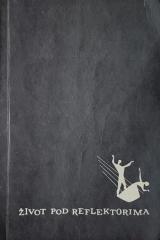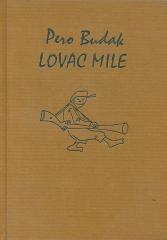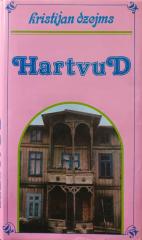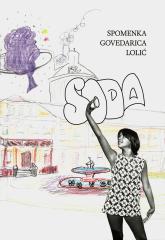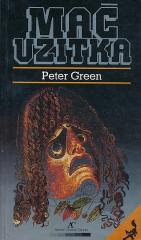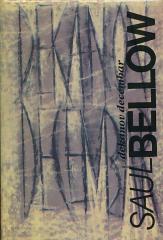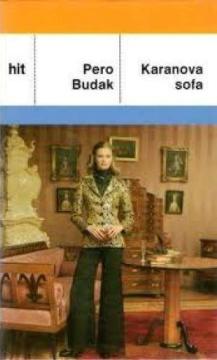
Karanova sofa
A saga about the rise and fall of the Karan family from Lika from the mid-19th century to the present day. The novel follows several generations of the family, intertwining their fates with historical and social upheavals, including wars, migrations, and
The central motif is the sofa, a symbol of family tradition and continuity, which bears witness to the joys, sorrows, and conflicts of the Karan family. The main characters, such as Maka Karan and his descendants, face the challenges of poverty, love, betrayal, and the struggle for survival. The novel depicts how family relationships, pride, and stubbornness intertwine with social norms and political unrest, including the Ustasha and Partisan conflicts during World War II.
Budak uses humor, irony, and elements of folklore, typical of his style, to portray the Lika mentality and community. Through detailed descriptions of village life, love affairs, and family dramas, the novel explores themes of fate, identity, and resistance to change. The structure is epic, with an emphasis on storytelling that blends historical events with the characters’ intimate moments.
Karan’s Sofa stands out as a significant example of Croatian literature, combining a realistic depiction of rural life with comedic elements and a deep understanding of human nature.
One copy is available
